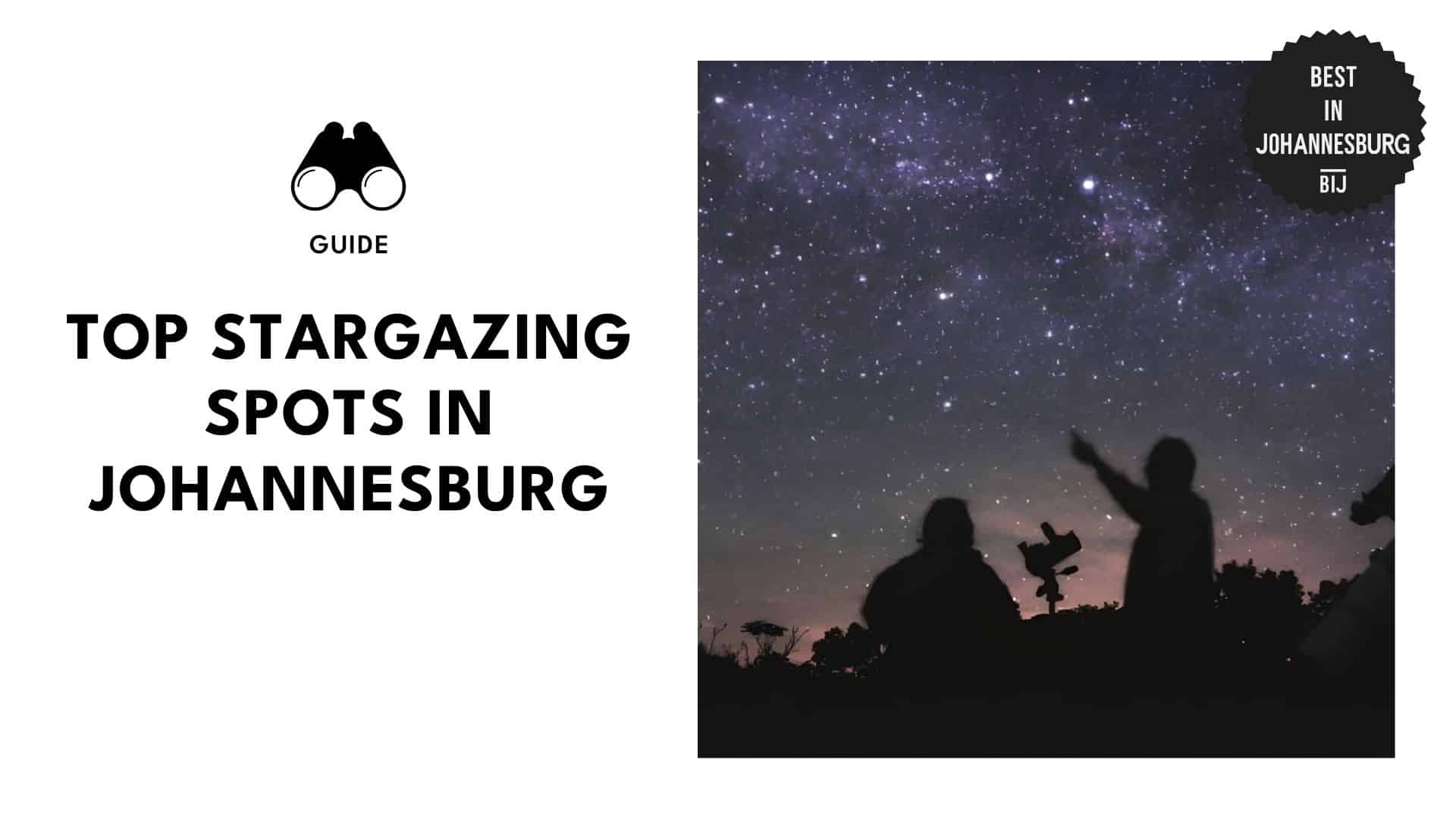Categories > Guides and Tips
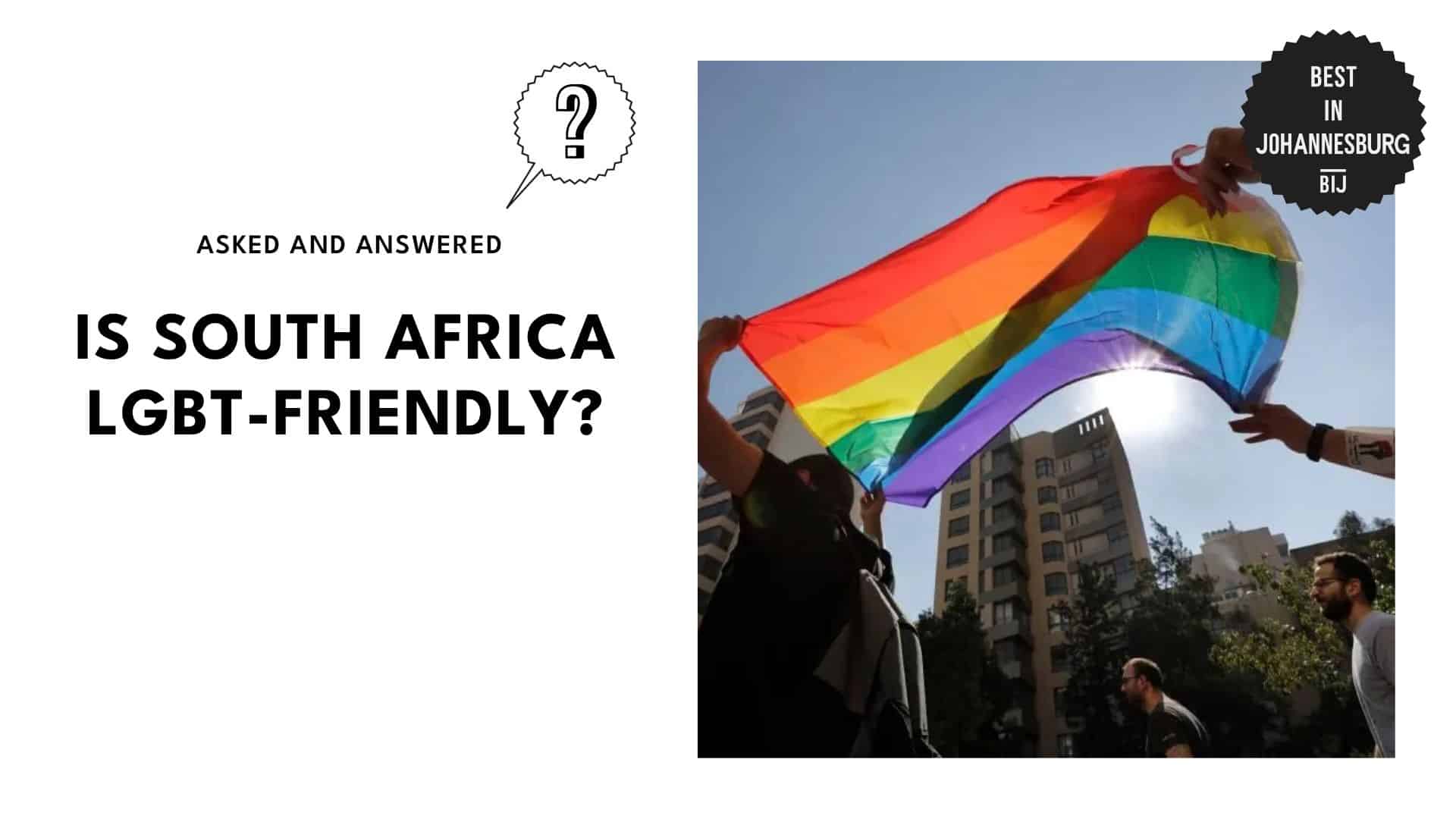
Is South Africa LGBT-friendly? We looked into it!
As the fight continues for LGBT+ rights, it’s all the more important to look into the progress that has been made in ensuring equality and acceptance across society. On this front, South Africa has had an interesting history when it comes to the LGBT+ community.
South Africa held its first Pride protest on October 13, 1990, which was an event that not only fought for the rights of their own community but also fought towards the end of apartheid and discrimination as a whole.
With their long history of struggle, how does our nation treat its LGBT+ community now? We’re here to find out whether or not South Africa is a safe place to love who you love and be who you are.
Is South Africa LGBT-friendly?
South Africa is one of the most LGBT+ friendly countries in Africa, if not the world.
The country is the first one in the world to have constitutional protections against gender and sexuality based discrimination and violence, as well as being the first nation in Africa to legalise same sex marriage.
However, South Africa still faces some problems regarding bigotry and homophobia on a case-by-case basis.
The LGBT+ community is protected by South African law
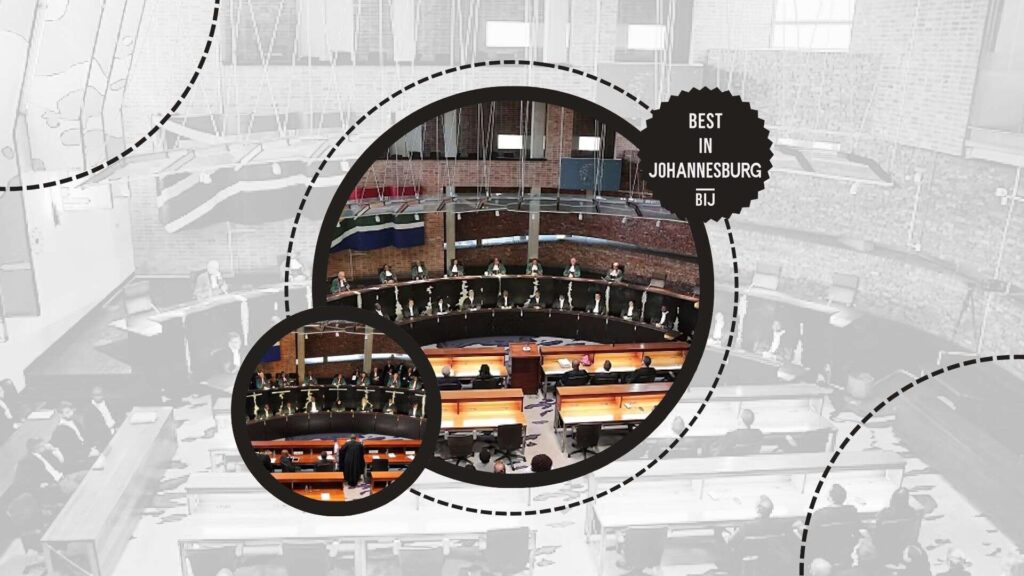
The protections that the LGBT+ community have in South Africa from discrimination, both against workplace discrimination and hate crimes, start with their 1996 Constitution, which was implemented after apartheid.
Specifically, Section 9 of the Bill of Rights provides that “The State may not unfairly discriminate directly or indirectly against anyone on one or more grounds, including…sexual orientation.”
This is quite important, as it sets a major precedent for LGBT+ rights in South Africa moving forward, guaranteeing that the State cannot infringe on anyone’s rights to love who they love. It’s one of the few states in Africa that don’t have laws criminalising same-sex activity.
In 2006, South Africa made history by being one of the first nations in Africa to legalise same sex marriage, after the Constitutional Court ruled in the case of Minister of Home Affairs v. Fourie that it was unconstitutional to deny same sex couples the right to marry.
A year later, the South African parliament passed the Civil Union Act, giving equal rights to same sex and opposite sex couples in entering a marriage contract.
Further High Court and Constitutional Court rulings, as well as new legislation, have also provided protections for adoption rights, gender reassignment surgery, and the establishment of an Equality Court for discrimination cases.
Unfortunately, the fight still persists for the LGBT+ Community in South Africa
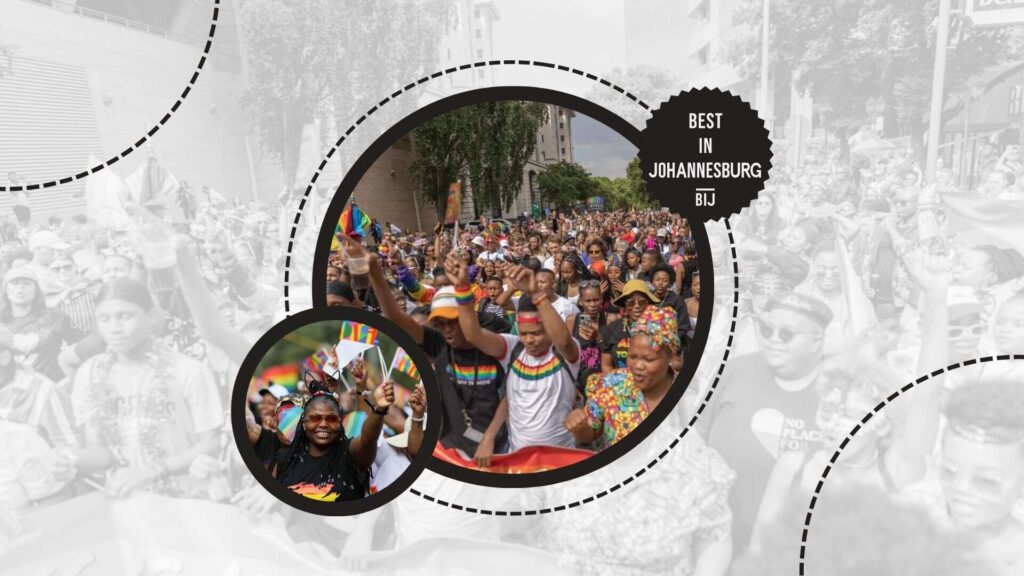
All this being said, bigoted and regressive views on the LGBT+ community still pervade South Africa on a case-by-case basis. Specifically, hate crimes against LGBT people, both verbal and physical, have been prevalent throughout South Africa.
LGBT+ people, especially transgender men and lesbian women, have unfortunately been targets for sexual assault and targeted violence in South African townships.
In 2021, a joint statement was released by the Lawyers for Human Rights detailing the murders of at least six known members of the LGBT+ community, calling for their justice as well as for Parliament to pass anti-hate crime legislation.
In 2023, the Prevention and Combating of Hate Crimes and Hate Speech Act was finally passed into law, outlining the definitions and punishments for hate crimes on the basis of race, sex, sexual orientation, gender identity, religion, etc.
What’s it like being LGBT+ in South Africa?
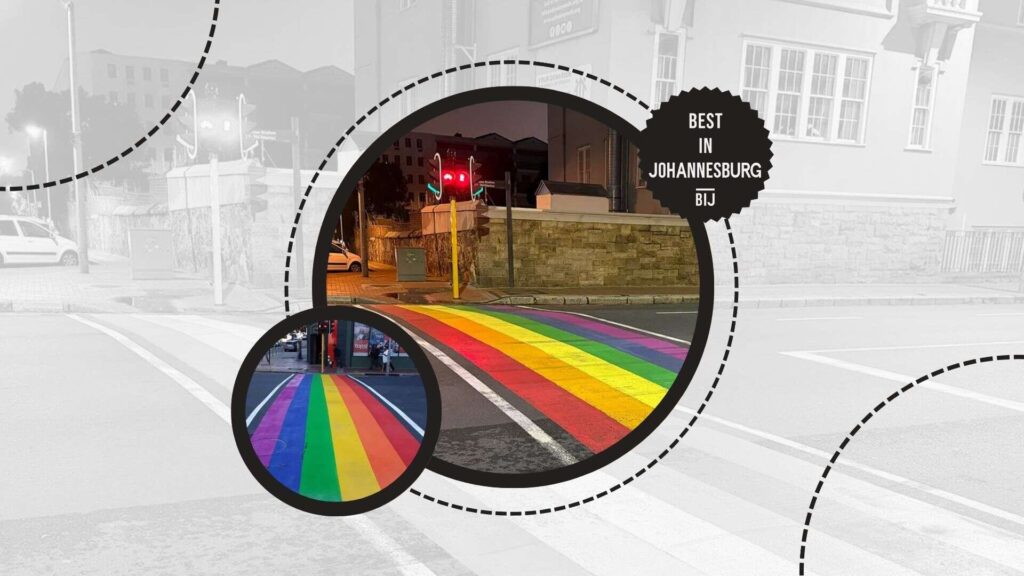
Being LGBT+ in South Africa depends on the area, with townships being less tolerant and urban areas being much more accepting. However, the nation has a robust, supportive community which generally sees approval from the general public.
Given the legal protections that they have, South Africa is one of the more notable LGBT+ accepting countries in the world and certainly on the continent. Couples of all sexes and orientations are free to hold hands and display affection in cities like Johannesburg and Durban as long as it’s within the standards of public decency.
Furthermore, the nation has its own gay village, which is De Waterkant in Cape Town. Known as “The Gay Capital of Africa,” it’s a colourful, lively area that’s popular with tourists and openly celebrates the LGBT+ community with its rainbow crosswalk and colourful buildings.
Pride month is also a party in South Africa, as De Waterkant hosts the annual Cape Town Pride parade for everyone to enjoy. Other notable Pride celebrations include the ones in Johannesburg, Eastern Cape, and Gauteng.
It’s important to note, though, that pride is also a protest, and that these festivities were hard fought with blood, sweat, and tears by a community that is still globally marginalised. While a lot of progress has been made for LGBT+ rights, the fight for acceptance, community, and freedom still carries on both in South Africa and throughout the world.





